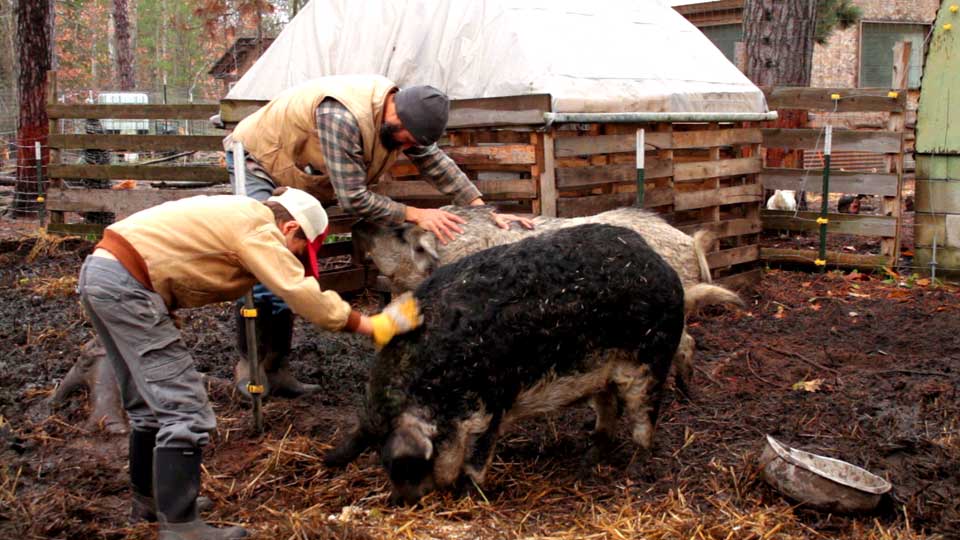Spices Improvising

Using spices in cooking is all about experimenting, tasting, and improvising. (photo by Kesu)
It’s possible to learn cooking techniques from the oversights of others. My parents, the people who taught me about seasonal eating, food preservation, and instilled within me seeds of passion for culinary consciousness, didn’t teach me about spices.
They both cooked wonderful meals, ordered bulk spices from the local food co-op (five pounds of bay leaves!), and made delicious items such as my father’s curry vegetable dip. This dip still stands out in my mind as one of the most powerful flavors of my adolescence. Dipping kohlrabi in this dip is a signature flavor memory of my childhood—deep yellow curry flavors blending with creamy mayonnaise and spicy, crunchy kohlrabi.
But most of my parent’s spices sat unused on the pantry shelf in glass jars, time dulling potency and flavor.
It wasn’t until I had my own home and access to spices available in a larger metropolis than Curtis, Michigan population just over 1,000 that I began to experiment with flavor.
The key thing to understanding spices is experimentation. Read recipes, but only as a guide.
Taste.
Experiment.
Repeat.
Sometimes you’ll add too much cayenne and make the dish so spicy it’s almost inedible. But you probably won’t make that mistake twice. Sometimes you’ll add too much oregano and overpower the other flavors. But then you’ll know that oregano’s flavor is strong. Sometimes you’ll mix tastes that don’t want to be mixed, but who knows, maybe you’ll come up with something new, something delicious, a flavor you’ll never forget. Try what the recipe says. Then try something different.
My home town, Marquette, Michigan, has recently become a spice oasis in a peninsula filled with small-town grocery stores carrying the bare minimum in spices.
The Marquette Food Co-op expanded its herb and spice section when it moved locations just over a year ago, making available flavors both familiar and exotic. Econo Foods, one of Marquette’s mainstream grocery stores, now carries Swad brand, a company exporting Indian herbs and spices to a global food market. And there’s Spice Merchants of Marquette, a branch of Spice and Tea Merchants stores who have establishments in six states other than Michigan and can be found in eight other stores across Michigan including in Petoskey and Traverse City locations.
My first exposure to this establishment was in its Petoskey location, where I found Black Truffle Sea Salt, an elusive, fascinating, and addicting flavor I especially delight in adding to popcorn and over-easy eggs.
As soon as I discovered that a Spice Merchants had opened in Marquette, I went down to their Washington Street location to stock up on my salty addiction and discovered many other wonders on offer: Turmeric tea (Turmeric is a spice known for its multi-faceted health benefits), Zahtar (An amazingly savory Middle Eastern spice blend delicious on everything from meat to sprinkled in olive oil for bread dipping), specialty house blends created by the proprietor, and exclusive mixtures created with the local population in mind: spice combinations specifically for fish and game meats.
Greater accessibility should allow for more experimentation. Visit a store that supplies fresh (fresh is particularly important as herbs and spices lose flavor and potency as time goes by—the fresher the better) herbs and spices. Experiment. Improvise. Make mistakes.
Taste.














You must be logged in to post a comment Login